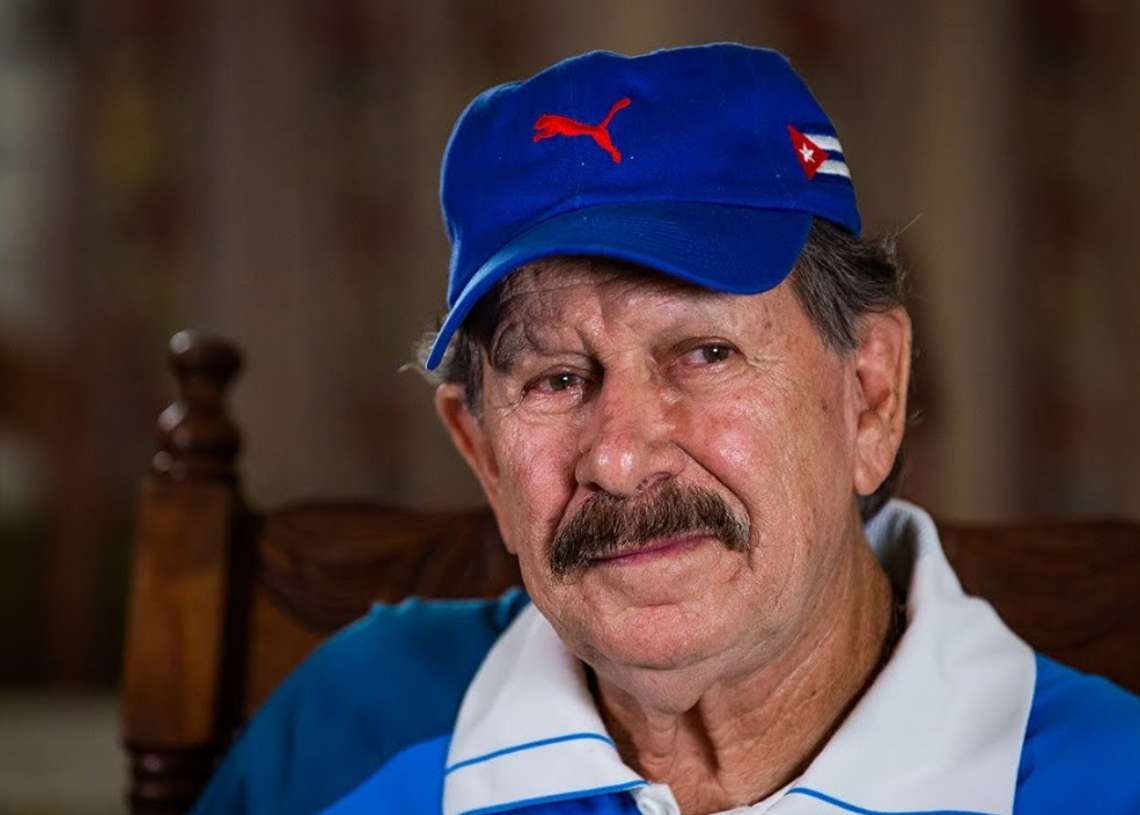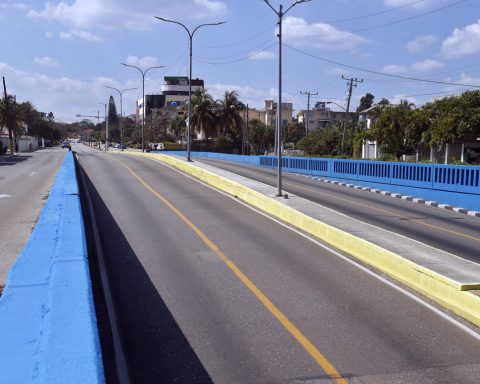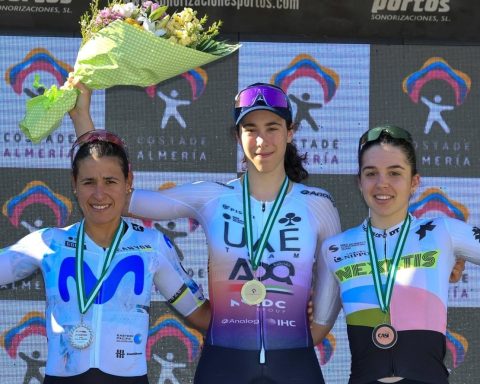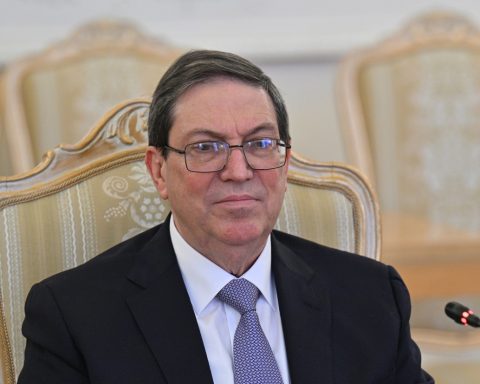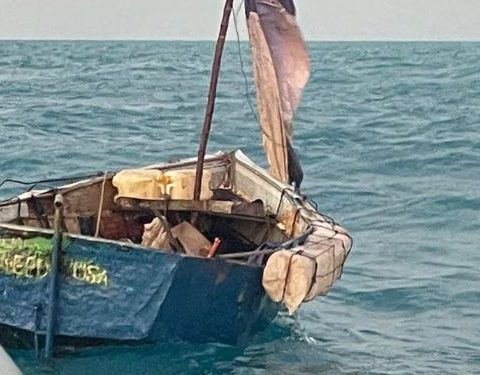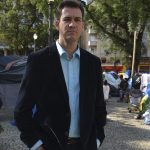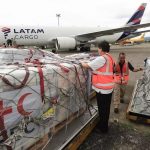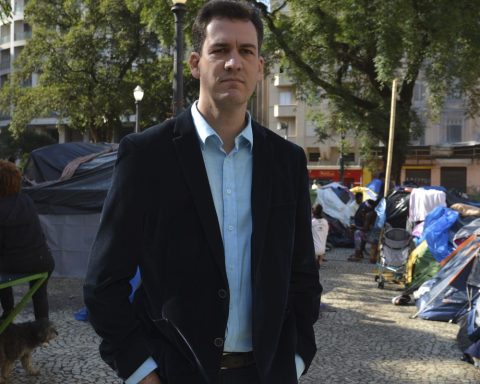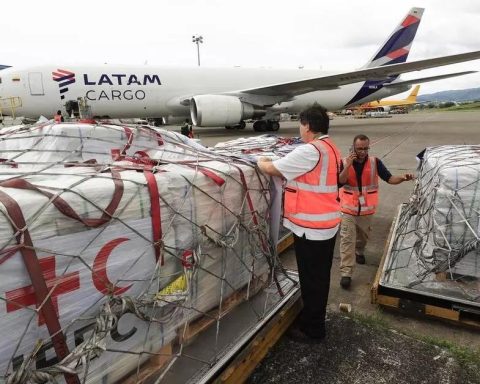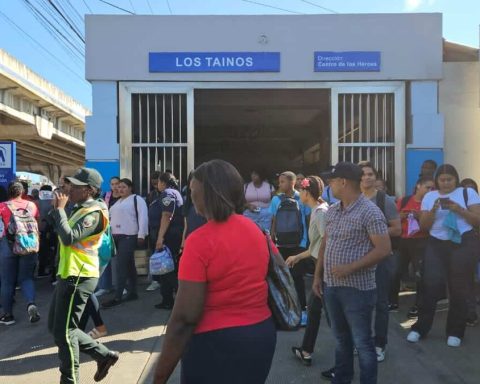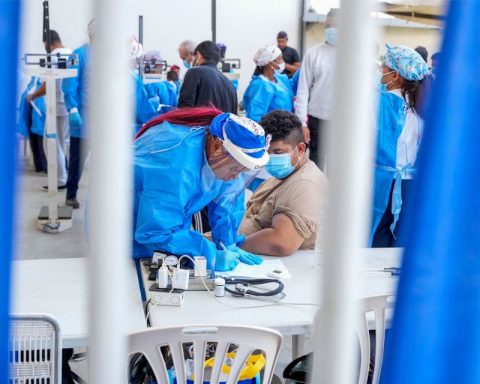The prominent narrator and commentator Roberto Pacheco, considered one of the deans of sports journalism in Cuba, died this Monday in Havana at the age of 72, according to reports by the island’s official media.
“The very Cuban sports narrator, Roberto Pacheco Martínez, friend and teacher, has just physically left us. Your tasty charisma, revolutionary principles and passion for baseball will remain forever in the memory of the Cuban people,” Guillermo Rodríguez Hidalgo-Gato, a journalist for Radio Rebelde and co-worker of the veteran commentator, wrote on social networks.
The president of the National Institute of Sports, Physical Education and Recreation (Inder), Osvaldo Vento, mourned the loss and sent condolences to Pacheco’s family, whom he described as an “emblematic figure of sports and Cuban narration to the core.”
It hurts to know that Roberto Pacheco passed away. He is an emblematic figure of sports narration, Cuban to the core and faithful to Fidel and the Revolution that he always defended. #InderCubawhich was also his, expresses condolences to family, friends and co-workers. pic.twitter.com/uB5goaLmwz
— Osvaldo C. Vento Montiller (@CMontiller) May 15, 2023
Pacheco was born in 1941 in Caimito del Guayabal, in the former province of Havana and current territory of Artemisa. His life was not initially linked to sports or journalism, in fact, he studied agricultural mechanization in the Soviet Union, shortly after having participated in the fight against Escambray bandits.
Upon his return to the island, he worked on sugar cane mechanization work in Artemisa, until in the mid-60s of the last century he began a sports storytelling course that gave him entry into the guild. He initially worked at Radio Progreso and COCO, but it was at Radio Rebelde where he had a career of more than 50 years behind the microphones.
There he began to narrate all sports, until he specialized in boxing and baseball, mainly. Since 1972 she became one of the leading voices of Radio Rebelde in the coverage of National Series, Selective Series and any international or domestic baseball event that existed.
National Radio Award in 2018, Pacheco had the opportunity to grow professionally alongside stars of Cuban sports storytelling such as Eddy Martín, Bobby Salamanca, Héctor Rodríguez or Rubén Rodríguez. From each one of them he learned the ins and outs of the profession, although he always confessed that his main reference point was Salamanca.
“With nothing left inside me, my great mentor was Bobby, who taught me the tricks of the trade so that the listener or viewer really feels a sporting event,” story in an interview granted to the Editorial of the Cuban Institute of Radio and Television.
Pacheco participated in the coverage of 7 Olympic Games, 11 Pan American and Central American Games, as well as in various boxing and baseball events. In addition, he was present in the first four editions of the World Baseball Classic.
Throughout his career, he always stood out for his witticisms and his folksy style. “He is a Cuban with a tasty humor through and through. He has the gift of popular and contagious grace to describe the ballplayers and the baseball plays behind a microphone”, which described the journalist José Antonio Fulgueiras.
In the ether, Pacheco popularized many phrases, but he will be forever remembered for his number 1 formula: “Coffee a little, cigarette none, Sportingly enough”, which he used permanently in sports broadcasts.
One of Pacheco’s maxims was being close to the fans, to the point that he came to preside over the National Council of Peñas Deportivas. He could always be seen in the parks of each Cuban territory, in the hot corners or in the corridors of the stadiums, always debating baseball or any discipline.
The scope of his work transcends the Cuban borders, in fact, in December 2020 received the “Abelardo Raidi” Award for the work of his life, granted by the Association of Sports Journalists of America (AIPS America), which other Cuban specialists such as René Navarro, Elio Menéndez, Ramón “Piti” Rivera and Víctor Joaquín Ortega have obtained.
The figure of Roberto Pacheco will always remain in the memory of Cuban radio listeners and fans, who heard several of the great feats of sport on the island through his stories. May this article serve as a tribute to his work and as an expression of condolences to his family, colleagues and followers.
